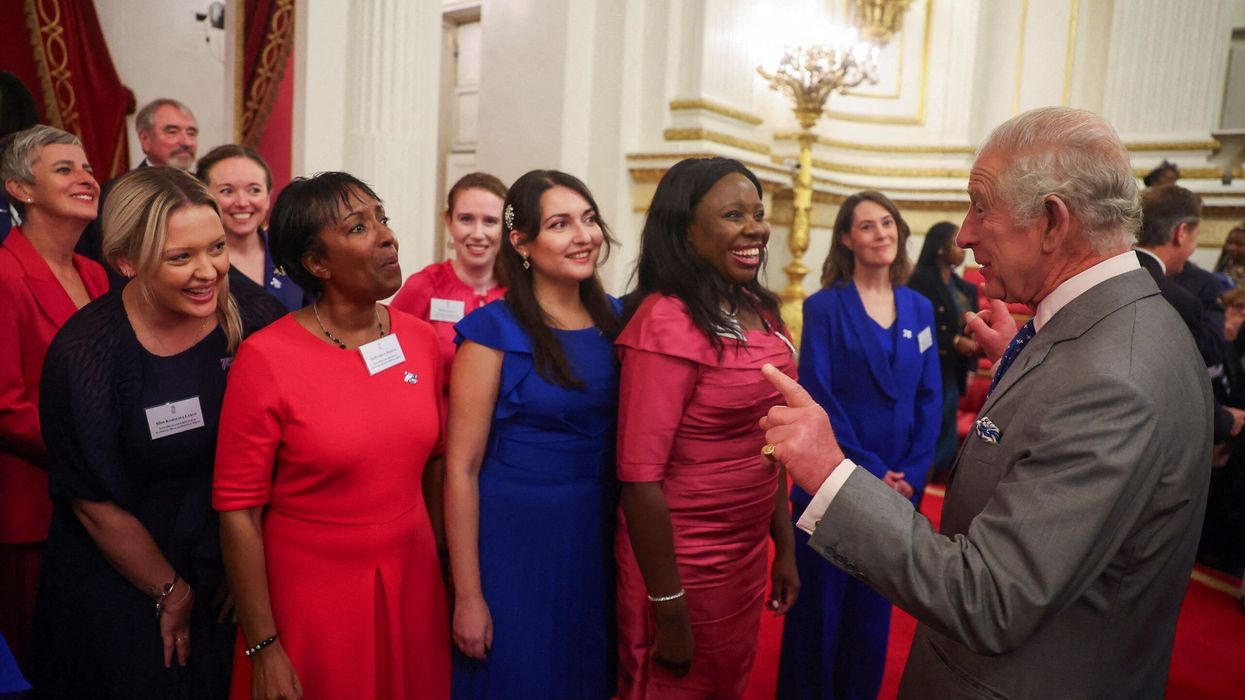Reforming plans suggest that foreign workers seeking entry to Britain will need a salary exceeding £30,000, aiming to maintain an annual net migration of around 500,000, as indicated in figures set to be announced this week.
Ministers are anticipated to unveil proposals aimed at reducing net migration by raising the salary threshold for skilled workers, The Telegraph reported.
Presently, individuals outside shortage occupations must earn a minimum salary of £26,200 to secure employment in the UK, considerably lower than the median wage of £33,000.
The yet-to-be-finalised proposal precedes this Thursday’s (23) net migration data for the year ending June 2023, expected to showcase sustained levels significantly higher than those observed before the Brexit era.
Net migration, reflecting the discrepancy between arrivals and departures in the UK, reached a peak of 637,000 in the year ending September 2022, subsequently dropping to 606,000 by the year ending December 2022.
The decline is attributed to increased emigration, including the return of overseas students and a reduction in the influx of Ukrainian refugees and Hong Kongers.
Experts anticipate it may be around 500,000, a figure surpassing the 2019 count of 226,000, significantly surpassing the government's pledge in the 2019 manifesto to reduce net migration overall.
This surge has been propelled by an influx of over 1.4 million migrants annually, primarily from outside the EU, obtaining visas to work, study, or seek refuge from conflict or oppression in the UK.
Efforts to curtail net migration have been advocated by figures within the government, including Robert Jenrick, the immigration minister, and Suella Braverman, prior to her dismissal as home secretary.
Last week, during an interview, Jenrick expressed concern that the government's inability to decrease net migration amounts to a "betrayal" of the British public. Ministers have consistently advocated for businesses to prioritise the training and hiring of British workers instead of relying on foreign staff.
Jenrick highlighted the persistently high levels of net migration and the public's long-standing desire for controlled migration over three decades. He criticised politicians' failure to deliver the expected migration system.
He emphasised that following the UK's exit from the European Union, control over migration was regained. He said, “But then we went on to betray the promise by failing to establish a system which significantly reduced levels of migration.” Urgent and comprehensive reform of the migration system was stressed as necessary by Jenrick.
The ongoing considerations involve potential agreements by ministers to increase the salary threshold for skilled workers to approximately the median wage of £33,000.
Details remain uncertain regarding potential limitations on the number of foreign care workers, which currently stands at 120,000 annually, as well as restrictions on migrants bringing their families to the UK.
Reports indicate that Rishi Sunak has opposed additional constraints on foreign students. He particularly resisted imposing further limitations beyond the ban on postgraduate students, excluding research-led PhD candidates, from bringing their relatives.
This reluctance stems from concerns about discouraging highly skilled individuals capable of contributing to economic growth.
Earlier this year, a report from the New Conservatives group, consisting of Right-wing Tory MPs, advocated for raising the salary threshold for skilled workers to £38,000, asserting that this adjustment could potentially decrease the migrant count by 54,000 annually.
The Oxford University Migration Observatory highlighted that the threshold had failed to align with inflation. If ministers had adjusted it according to wage increases, it would now stand at around £30,000.
The report suggested that private businesses would primarily face the impact of any salary level increments. However, it raised questions, particularly concerning care workers, where the salary threshold is discounted due to its designation as a shortage occupation.




